
A campaign to convince Queenslanders to allow the State’s politicians to sit for an extra year will begin this week.
Queensland currently has variable three-year terms, which means the government of the day is able to set the election date to its advantage.
But both the ruling Labor Party and the LNP Opposition are pushing for fixed four-year terms to bring Queensland into line with every other state except Tasmania, which has four-year non-fixed terms.
Premier Annastacia Palaszczuk on Friday signed the writ for a referendum on the proposed change, which will be held alongside the March 19 Council elections.
Ms Palaszczuk said the Electoral Commission of Queensland would start an awareness campaign from Saturday and Governor Paul de Jersey would officially issue the writ on Monday.
The referendum is being conducted after the Government and Opposition both supported the move to fixed four-year terms through the passage of the Constitution (Fixed Term Parliament) Amendment Bill 2015 last year.
“Queensland is the only State without four-year terms,” the Premier said.
The State Government has allocated $11.5 million to ECQ to conduct the referendum and, after working with the Local Government Association of Queensland, will provide a $3.7 million subsidy for local government to cover the cost of holding the referendum in conjunction with the council elections.
The saving for Queensland taxpayers – compared to holding a separate referendum – is $5.1 million.
Attorney-General and Minister for Justice Yvette D’Ath said the Government and Opposition would finalise a “yes” case committee.
“We have taken a bipartisan approach to this issue, seeking to work constructively to ensure the best outcome for the future of Queensland’s system of government,” Mrs D’Ath said.
“It’s only right that the people of Queensland have their say.”
Premier Palaszczuk said she believed four-year fixed terms would bring certainty and save taxpayers money by reducing the number of elections by one third.
Katter’s Australian Party will be in charge of the “no” campaign, she said.
The changes, if passed, would come into effect after the next election in early 2018.
They would mean future State elections would be held on the last weekend of October every four years.













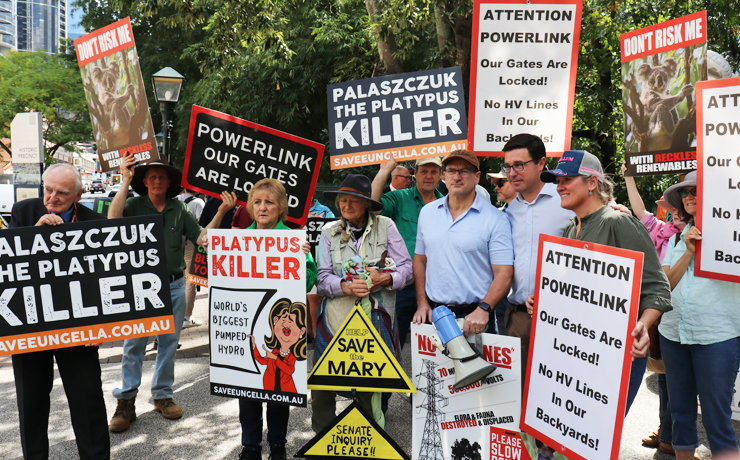
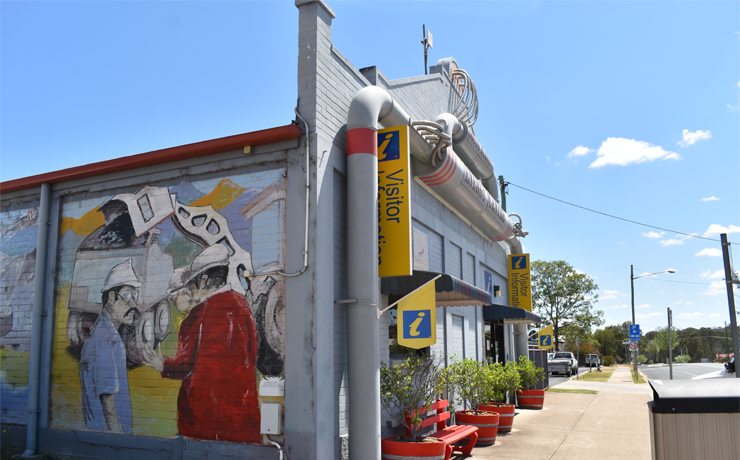




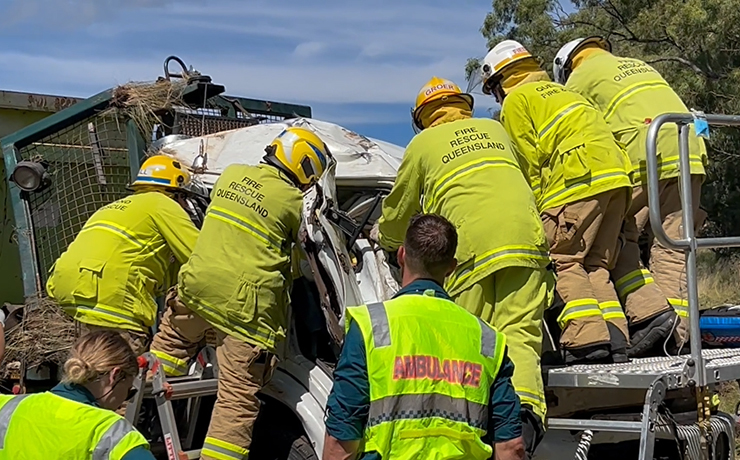


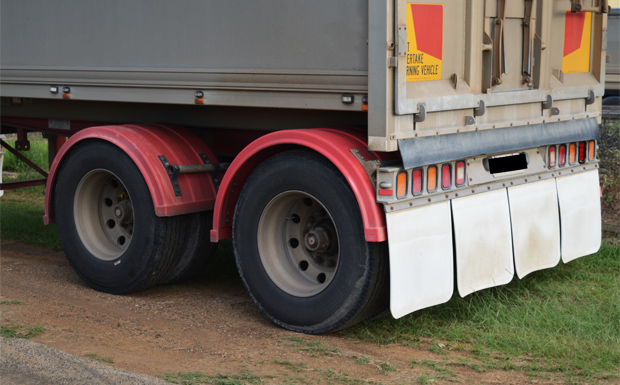
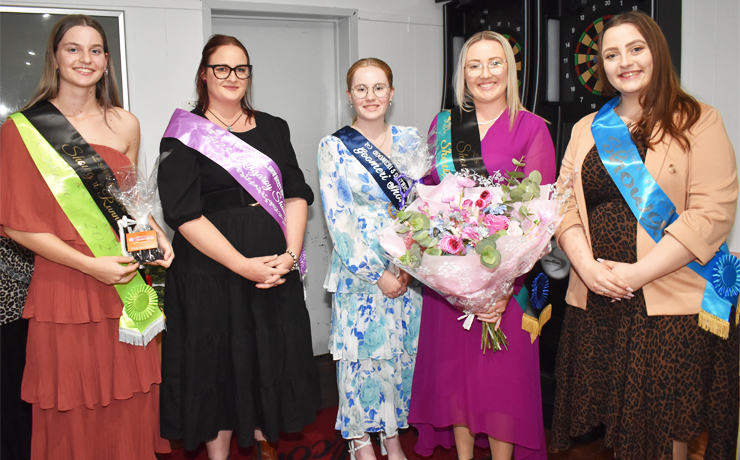
If it is going to save the State Government $5.1 million by running their referendum with the local government elections then why aren’t they paying this amount instead of $3.7 million to local councils to offset the costs of running the council elections?
Re Ros Heit’s comment: it is more the case that the State Government is not wasting $5.1 million holding the referendum at a different date. Thank God for someone being efficient for a change.
Politicians like a child’s nappy should be changed on a regular bases to facilitate a fresh clean sense of political independence devoid of accumulated baggage associated with long term incumbency. Rural areas have suffered fr a narrowing of political diversity and the opportunity to reinvigorate local economies through political evolution. Four-year terms would see a sitting member of parliament in their third term extend that duration from nine to 12 years and political stagnation as seen in rural areas today. Extended terms would further isolate rural communities and deny our youth the political agility to meet the challenges of a changing world.The $62 million question is, can we afford to extend a bad government to four years when a responsible government would be re-elected in three?
I agree with you, Jack, though for a different reason: Queensland is the only State that doesn’t have an upper house – it was abolished in 1922 – and we should never agree to four year terms until we get it back.
An upper house is the people’s best defence against a bad government, and Queensland’s terrible record of bad governments shows why we need to get ours back. Until we do, we should retain the option of turfing out bad lower houses at the earliest opportunity.
Agreed Rod. Queensland lacks the checks and balances found in other States to contemplate a four-year term.
To reinstate an upper house / senate would require all of the major parties to come on board and push it through to a referendum to have any chance of success.
I would suggest, however, people are looking for a change in the way politicians and the major parties conduct government business or should I say government business on our behalf and how it impacts our lives and our living standards.
Today the party machines bombard us with facts and figures along with the usual accompaniment spin and more often then not they lose sight of the most important political game in town, the public and their needs.
If we looked at reinstating the upper house only from a financial point of view, it would most certainly be a expensive exercise but bad legislation and governments affects more than our hip pockets.
On the federal scene the Liberals and Greens are attempting to change the rules to break the senate deadlock thus weakening public representation.
Yes, this is painful for any government to have their plans frustrated in this way but that’s the point, to achieve the best possible outcome for the widest possible percentage of the population. Governments are not elected on a mission to rule, they’re elected to represent the people.